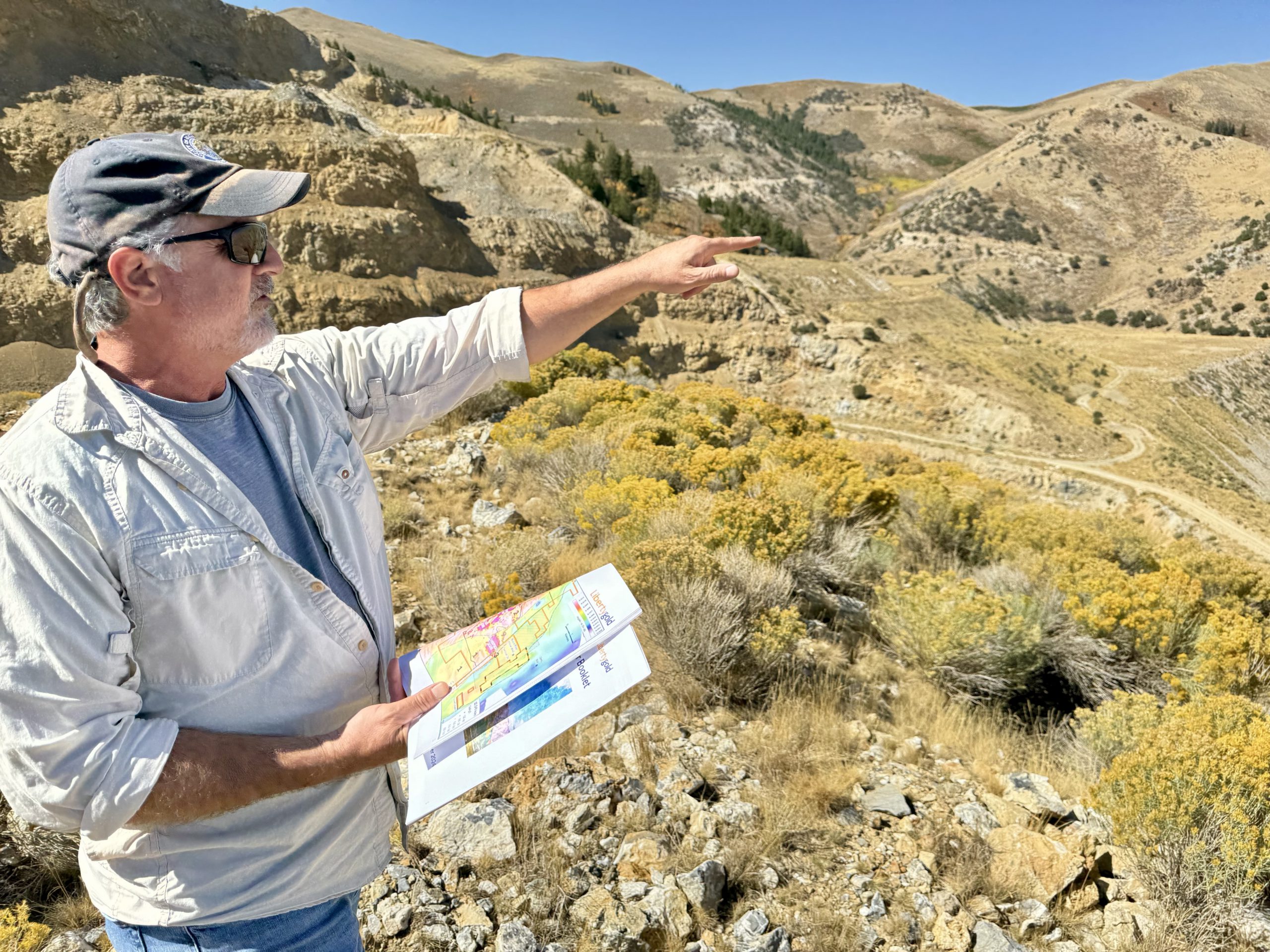South Africa’s mining industry: reassessing its chartered course
(Johannesburg 13 October 2016) South Africa has a unique history in mining, and is a nation partly built on the exploration and development of its resources, with a rich endowment of commodities at its disposal. Unfortunately, through social, political and economic consequences and challenges, the industry has also seen tensions manifest in the form of strikes and conflict. This has forced the mining sector to re-assess its chartered course in the last few years.
The mining industry’s social contract with communities and government hasn’t always had a smooth past, and according to Barry Weir, Managing Director and Co-head of Global Mining, J.P. Morgan, it is this social contract that needs changing.

Barry Weir, Managing Director and Co-head of Global Mining, J.P. Morgan, and speaker at the 2016 Joburg Indaba
“We have heard mining companies talk about licenses to operate. This is a complex issue, with the perception that these companies do not necessarily have a right to operate, but that it is a privilege. A change therefore needs to be made to the model that makes extracting the resources compatible with local communities, as well as the regional and local government.”
Africa’s mining sector is also not alone in facing its share of challenges in licensing, taxation, export duties and environmental laws.
Due to the stringent conditions based on granting licenses, planning permissions are becoming more stringent too, which is partly why approvals take long. Whether for open cast, water management or rehabilitation, the mining industry has become far more conscious, with serious effort being directed on adherence to environmental laws and reduced carbon emissions, all of which impact on operational cost and timing.
Due to the huge ramp-up in mining activity in the previous decade, the sector experienced an oversupply in most, if not all, commodities. With the recent cut backs, the supply and demand equation seems to be coming more into balance.
“We should see the balance realised and perhaps may even see commodities go back into a deficit, which will be supportive of prices. For the time being though I think people are focused on making sure they survive the current price environment, and as a result we may see more portfolio trimming of non-core areas.
“Based on the complex issues facing the industry, the players in this sector have been focused on taking charge, and I believe it all comes down to the fundamental point around a fair social contract. If everyone feels they are getting a reasonable share of the pie, I am sure that some of the challenges the industry is facing will be addressed. I am confident the mining industry and mining companies will continue to make a positive and valuable contribution to the African and South African growth story,” concludes Weir, a speaker at the recent Joburg Indaba mining event held in Johannesburg.
About the Joburg Indaba
A gathering that draws captains of industry together with government and investors who have found it to be an important platform where they can put forward their thoughts on the industry. Local and international speakers, fund managers, analysts and captains of industry gather annually, in mid-October at the Inanda Club in Johannesburg to drive the way forward for the mining industry and share insights into global commodity markets prospects and investment opportunities.
{{ commodity.name }}
{{ post.title }}
{{ post.date }}




Comments